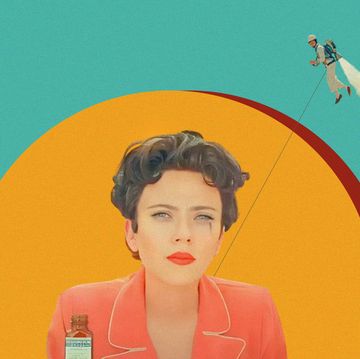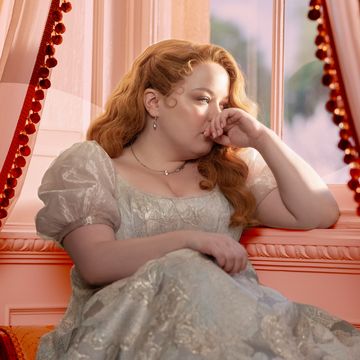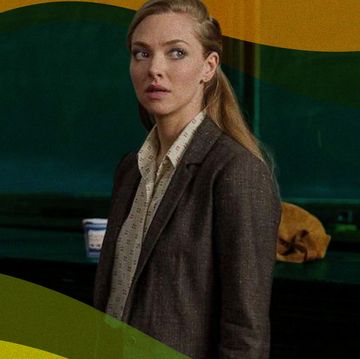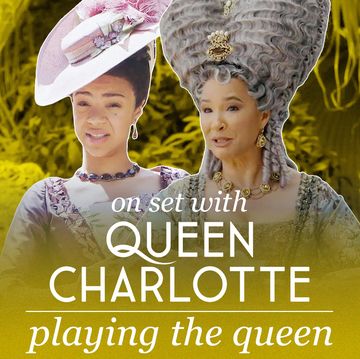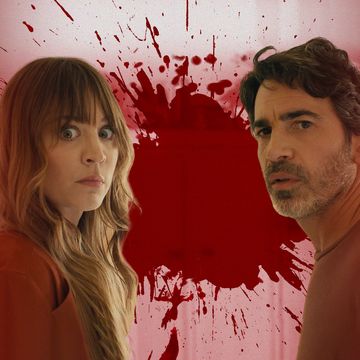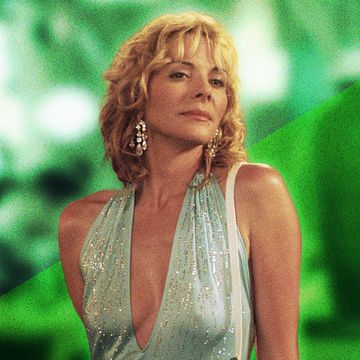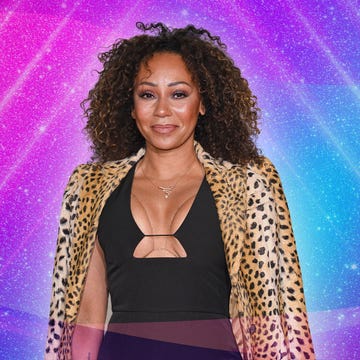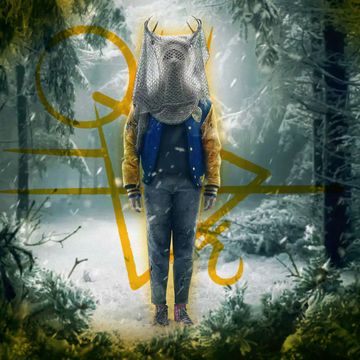The Little Mermaid was a beloved film for children everywhere in the 1990s. Directed and written by John Musker and Ron Clements, the 1989 animated Disney film shows Princess Ariel sacrificing her voice and her life as a mermaid to get her happily ever after with Prince Eric on those shores up above. Throughout the original film, audiences are left wondering how Ariel thinks and feels as she spends a good portion of the movie completely silent because of sea witch Ursula’s spell. While she does get her voice back in time to marry Prince Eric, he falls in love with her with little to no conversation, spellbound by her “looks and pretty face,” as referenced by Ursula in the song “Poor Unfortunate Souls.”
The 2023 live-action adaptation of The Little Mermaid flips that concept on its head, allowing for Ariel to express her thoughts to the audience through song and inner dialogue. She connects with Eric through nonverbal communication. Ariel may end up with Eric in the end, but she has agency, and the people around her take notice and allow her to use her voice. This defining theme is clear to the audience, as well as the film’s cast and creatives, including actress Noma Dumezweni, who plays a newly created character, Queen Selina, Eric’s mother, in the adaptation. She shares that the live-action The Little Mermaid, which hits theaters on Friday, May 26, purposefully includes the themes of agency, representation, and acceptance.
Starring Halle Bailey, Melissa McCarthy, Jonah Hauer-King, and Daveed Diggs, the movie is a modern take on a classic story, complete with stunning vocals, a colorful script, and beautiful set design. Shondaland caught up with Dumezweni to unpack the Disney film, why it’s important for Ariel to have a voice, and what it’s like to be one of Disney’s first Black queens.
MARIEL TURNER: What initially drew you to this film?
NOMA DUMEZWENI: When [director] Rob Marshall gives you a phone call and says, “We would like you to be part of The Little Mermaid,” there’s no drawing me to [it]; I’m right there. I’m like, “Yes, please.” I got the privilege of working with him and many great creators who worked on Mary Poppins Returns. So, it was lovely to get this offer to play Queen Selina. Amazing.
MT: Queen Selina is regal. She’s confident and has such a presence on-screen. How did you approach this character?
ND: Well, what helps is when you have great people around you. For me, that is what life is. We can all do it, but no one that achieves anything of any note does so on their own. But you can be the figurehead for it. There will always be somebody around you who gives you a little bit of inspiration or tempers you to slow down. And so when you get to work with Rob Marshall, or [costume designer] Colleen Atwood, with the costumes — and I keep talking about her all day because I love my costumes. I love my costumes. So, to watch the work with her and her group and her team and to see — like, you won’t know it, but I know that beads were hand-sewn [onto my gown]. I loved it.
MT: The costumes were stunning, completely beautiful. This adaptation differs from the original in that it champions the voices of women and girls. Can you talk to us a little bit about that theme?
ND: Can I ask how it seems to you in that way?
MT: Yes, it really was the ending for me that kind of solidified that message. Although it was clear throughout the film, the scene where King Triton says to Ariel, “I wasn’t listening to your voice, and I know now that I need to listen.” I think that’s a variation from the original film, which I love, but it’s different.
ND: It is different. It was a different mode in the world when the [original] film came out [in 1989], because we didn’t see ourselves in that sense. But we understood the heart of [the movie]. It’s a mermaid story. It’s a fairy tale. It’s fiction. We can imbue ourselves with that with women and girls. For me, it’s about parents and children and the [art of] letting go. Yes, as a parent, I need you to have your voice, but I must listen to your voice. Because as a parent, I’m going to try to keep you safe, but I don’t hear [your voice]. You get that with Triton, but in a different way. You get that from Selina going, “No, Eric, stay safe. Stay grounded. Don’t go out there. We don’t know what’s going to happen.”
It’s all fear based because we want to look after you. But within that connection, you have got Queen Selina, you have got Ursula — these women are the ones, for me, my favorite visually. The seven sisters arriving for the Coral Moon ball, and you go, “Oh, wow, look at that.” That’s beautiful, and that goes into representation.
MT: I think there’s also this theme of accepting others’ differences that we see. Your character is very central to that theme throughout the film. Did you find the parallels between that and some of the divisions that we’re seeing in our own world today?
ND: Of course, and there’s so many versions of how that can play out in the world. The version that has to play out is the truest one for you. And the truest one that you feel is your expansion of self in each moment. Your expansion of integrity in each moment, and we will falter. We all falter but come back to who you are. Come back to where you want to be.
So therefore, those debates, those arguments — this is a different movie in that so many people will see themselves, compared to the animation. Even in the animation, not many people saw themselves in terms of representation, but we went with the heart of the story. But now we’ve expanded to these beautiful babies, Eric and Ariel, trying to figure out themselves in the world but having to fight their emotional pressures from their parents. Stuff that’s fear based is not going to get us anywhere; it’s going to take a hard walk to meet each other.
MT: You speak about representation; how does it feel to make history as one of Disney’s first Black queens?
ND: It’s weird. It’s really weird [laughs]. It’s amazing. I am happy to serve, let’s put it that way. I am grateful, beyond grateful, to serve that [image].
MT: As a Black woman, I love to see you in those roles.
ND: And that’s what I’m receiving. So, thank you very, very much.
MT: Last question: What was your most memorable moment on set?
ND: Most memorable moment on set? It was my first proper day shooting with [co-star] Art Malik [who plays Sir Grimsby] at the big dining table, when we’re going to meet Eric, [who’s] coming through [to the castle]. [It was my favorite scene] because that was the first film day for me.
This interview has been edited for length and clarity.
The Little Mermaid premieres in theaters nationwide on Friday, May 26.
Mariel Turner is the Senior Culture Editor at Shondaland. Follow her on Twitter at @mariel_turner.
Get Shondaland directly in your inbox: SUBSCRIBE TODAY

